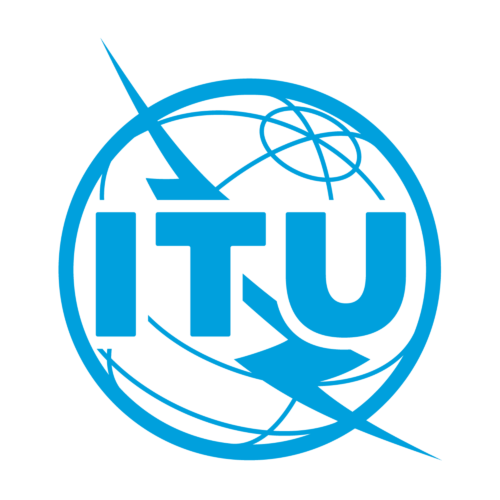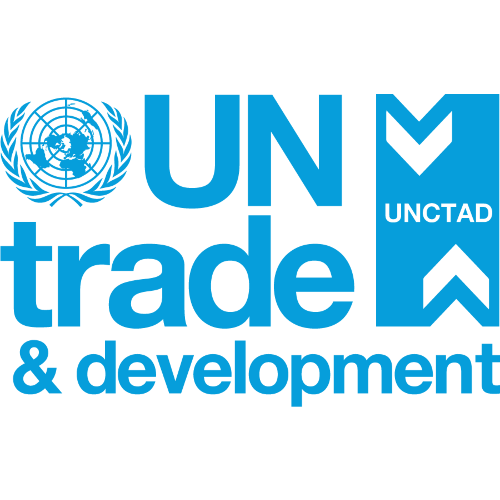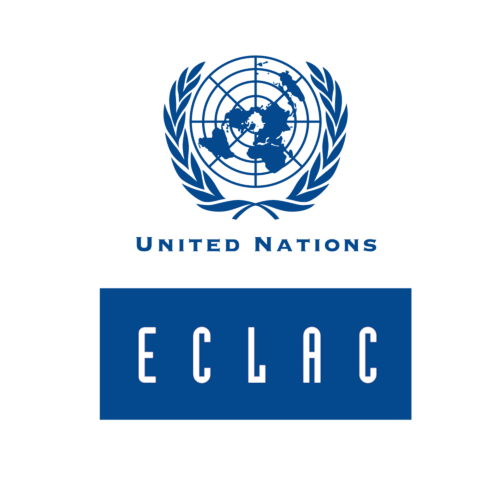UNGIS Joint Initiative on Mobile for Development

This initiative was introduced during the seventh UNGIS Working Level meeting in May 2011. The objective of this initiative is to identify key policy initiatives and add value to the existing programmes and projects by facilitating synergies and joint efforts in order to maximize coordinated action, coherence and effectiveness towards implementing successful Mobile for Development Projects.
UNGIS Joint Initiative on Mobile for Development Session, 9:00 - 9:30, 26 October 2011, ITU Telecom World 2011
Mobile Phone Technology has been a prime mover in socio- economic development at a national, regional and international level. A UN Group on the Information Society (UNGIS) high-level session on Mobile for Development was held during ITU TELECOM World 2011. This session was organized as part of the UNGIS joint initiative on Mobile for Development, led by ITU.
The session was well attended by stakeholders from all walks of life, including the Private Sector, Governments, UN Agencies and Civil Society who discussed and debated substantive international and National policy issues in area of Mobile for Development. Context Setters from different UN Agencies shared experiences of their respective UN Agency in the area of Mobile for Development. This spurred a good debate on issues ranging from e waste, m health, infrastructure, alternate energy sources to use of mobiles for women and children.
It is widely accepted by several countries, institutions and private sector organizations that Mobile Technology has led to socio- economic development, both in qualitative and quantitative terms at a national, regional and international level.
During this session participants discussed and debated policy and development environments that have successfully fostered the mobile revolution in the developing world. The key questions that will be discussed were:
- How can the UN develop win-win partnerships with different stakeholders in Mobile for Development?
- What role do international organizations play in promoting Mobile Growth as a critical part of Development Agendas?
- How is the end user benefiting from innovation this area?
Collection of Best Practices: WSIS Stocktaking
The High-level session at TELECOM was supplemented by best practices collected through the WSIS Stocktaking Platform. As part of the preparatory process, the main focus was on collecting:
- best practices on innovative concepts
- best practices on the frameworks and substantive policy issues
Click here to view some submissions by UNGIS members.
Each context setter was allotted five minutes for their intervention. The context setters will provide some examples reflecting:
- some projects their agency is implementing in the area of Mobile for Development
- share good practices displaying successful win –win partnerships especially with the private sector
- some regulations and policies in this area that have fostered socio- economic growth
Context Setters:
Moderator: Dr. Yury Grin, Deputy Director, BDT, ITU
- Mr Doyle Gallegos, Global Practice Leader Connectivity Infrastructure and Lead ICT Policy Specialist, The World Bank
- A key driver: World Bank enabling environment - policy and regulatory technical assistance;
- A balanced approach to mobile and fixed broadband infrastructure development;
- Description of mobile applications initiatives: labs, social networking hubs, challenges for developers, the water hackathon;
- Supporting analytical work and research.
- Mr Matthias Kern, Senior Programme Officer, UNEP-Secretariat of the Basel Convention
Need for environmentally sound management of end-of-life mobiles:- Dumping and un-sound disposal of mobiles have negative impact on health and environment;
- Promotion of mobiles in the context of the product life-cycle;
- Sound management and disposal of end-of-life mobiles provide economic opportunities (reuse, refurbishment, recycling)
- Job creation in take-back, dismantling and disposal operations.
- Dr Misha George Kay, World Health Organization, Manager, Global Observatory for eHealth
- Overview of the mobile health (mHealth) landscape in developing countries
- Barriers to mHealth implementation
- Standards, data security and policy
- Need for evaluation
- Mr Christian Larsson, Chief, IT Programs & Quality Assurance, Division of IT Solutions & Services (ITSS), UNICEF, New York
- UNICEF’s equity agenda and mobile for development innovation
- Brief examples from the field to date
- Strategic choices, partnerships and organizational governance
- Summary of recommendation from internal studies and lessons learned UNICEF
Format of the Session:
Key points / Questions raised during the workshop:
- Private Sector -Shayan, Canada: Use of Mobiles to deliver value added services is a good idea– do we have statistics on the number of handsets available in different parts of the world?
- Civil Society- Ahmed Eisa, Sudan: It is important to note that several countries still face the issue of limited access to ICTs , limited power supply, illiteracy.
- Private Sector -Richard, Telecom, South Africa: While talking about m health it is very important to discuss ethics and the reliability of telemedicine
- Private Sector-BT, UK: Role of and investment by Private Sector in mobile for development applications.
- Civil Society- NGO, Japan : Development is a very complex issue – how do you integrate infrastructure, social/cultural issues and access in order to bring the benefits of Mobile to Development issues. How do UN agencies work together bringing their expertise and specializations to best use limited resources?
- Private Sector- Ensuring protection of personal data in providing value added services through mobile technology
- Private Sector- Ghana: Is there any work being done on Solar Power / alternate energy sources in the area of mobile application for Development?
- UN, WHO- Geneva: Use of mobile technologies for Tobacco initiatives , call for partnerships.







